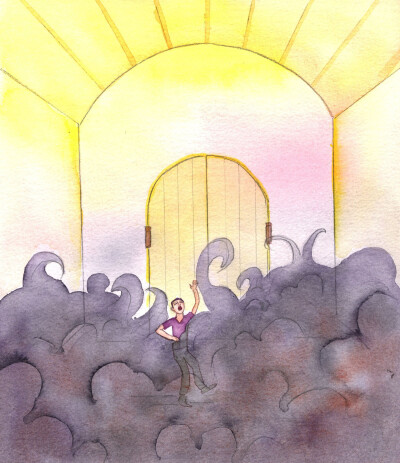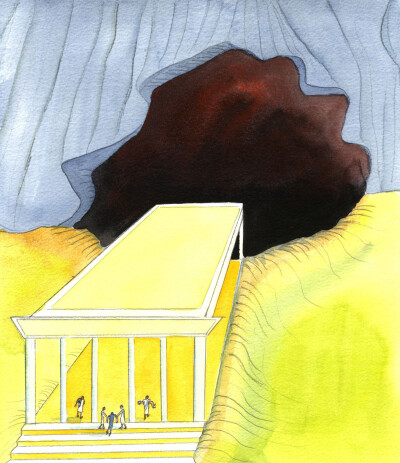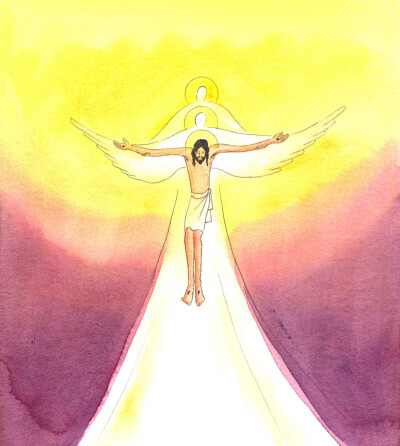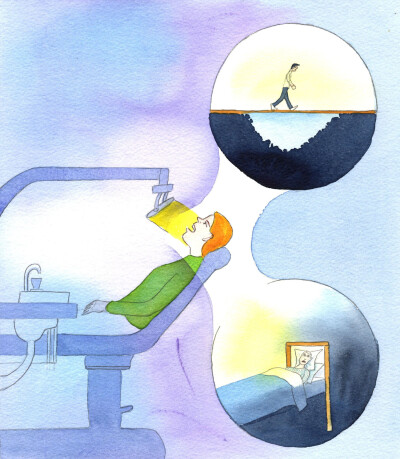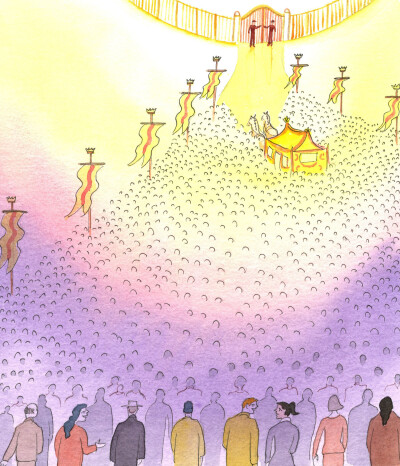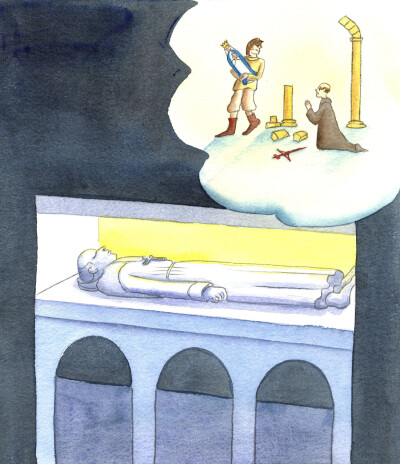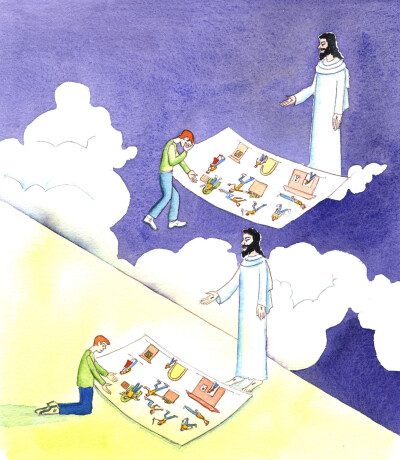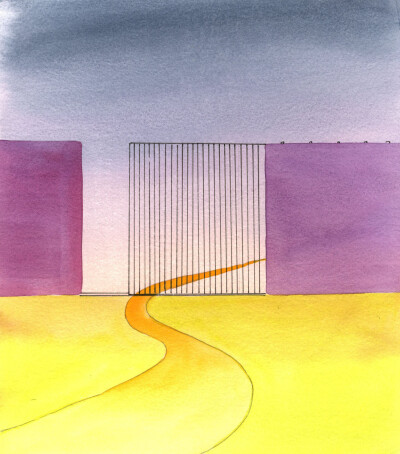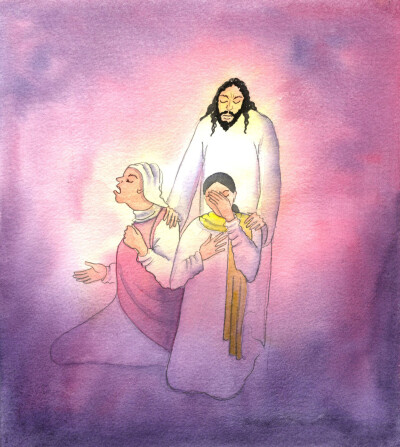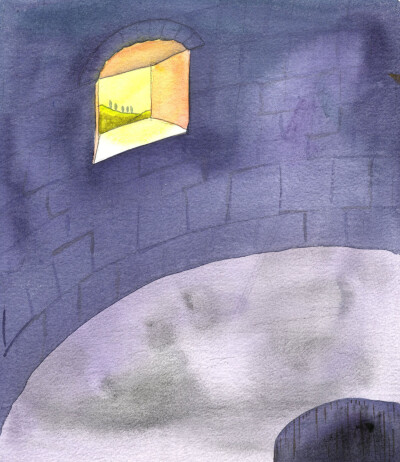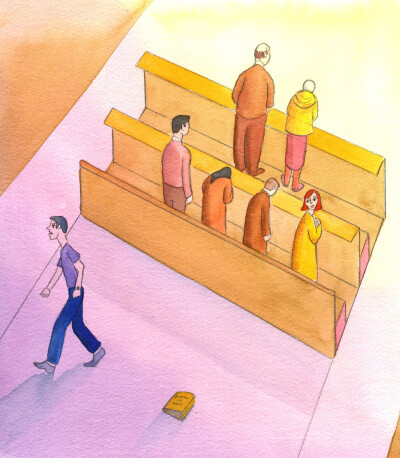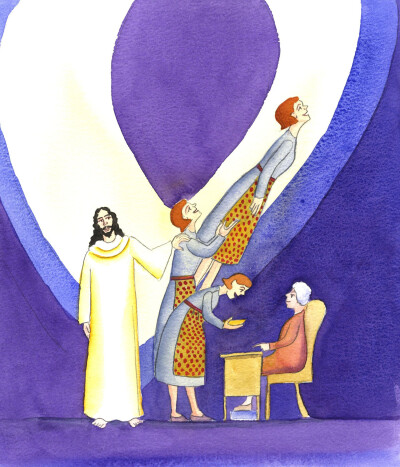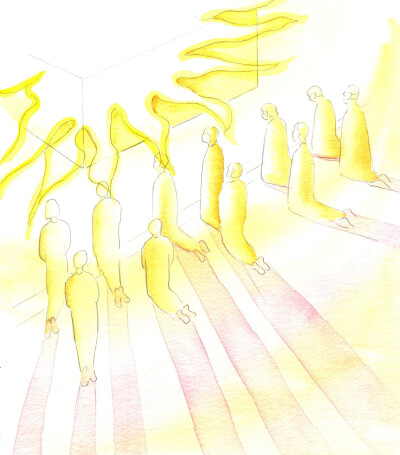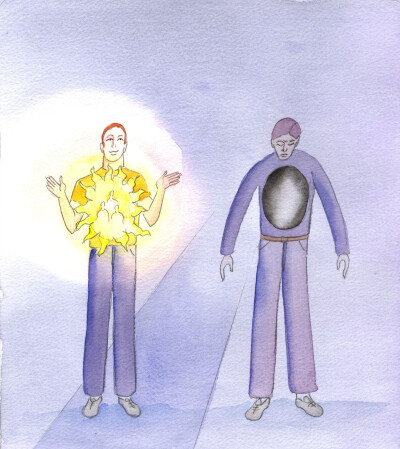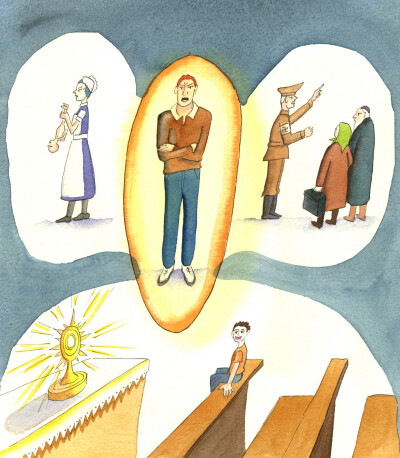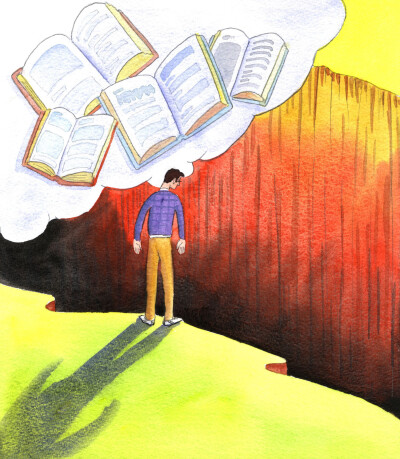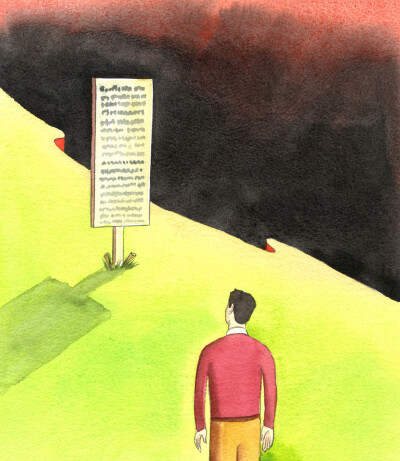Search Page
Showing 421 - 440 of 511
The soul of a person who freely chooses to sin can be pictured as a beautiful chamber, with a pair of inward-opening doors; but this place is filled by filthy water, which leaks into that room whenever that person sins. If he does not repent, he is in danger of drowning. Even worse, if he dies, unrepentant, the doors will be unable to open, inwards, because of the weight of the filthy water. He will be sealed with his sins forever, unable to enter Heaven.
We are mistaken if we think that ours is a civilised age. There was a temple dedicated to pagan gods, near Christ's home town. Living creatures - even human beings - were thrown to their deaths, at the back of it, to persuade the gods to grant some favour. In our days, slaughter continues, though mostly hidden away. For the good fortune or convenience of many today, lives are sacrificed through abortion, or people are quietly killed if deemed sick, elderly and useless, or the chronic sick are helped to commit suicide.
The love of God is like a great flame that encloses all who trust in Christ. By our Baptism, we are made members of the Church and children of God. We already share in the life of God, and can be confident that our prayers are heard, and confident that, if we do not leave that state of grace, we will be carried across the Abyss when we die, to be brought towards Heaven: carried in the love of God, with no fear of being lost.
Christ's attitude is one of eternal surrender to the Father's Will; yet Father, Son and Holy Spirit have one single, loving purpose: by the lifting-up of Christ, in His Death and Resurrection, to make a Way in which weak people can follow: people who have also surrendered to God's plans and have become Christlike, loving, obedient and dutiful, relying on Divine Grace.
For every little or large suffering we willingly bear in patience - even an experience of pain at the dental surgery - we can help to save souls, by that offering of penance in union with Christ. We can help someone in mortal sin who suddenly realises what a dangerous state he is in, or perhaps a dying person, who suddenly receives the grace to turn to God, in trust and hope.
Christ's invitation to us all is like the promise of a King, Who rides in a huge procession, that whoever follows Him to the palace can share His life there, as His friends, but only if they follow now, before the gates shut. It is a tragedy when some people say: "It's not convenient now", or, "It's too good to be true". The gates represent the death of each of us. People who are reluctant to follow the King might leave it too late, and find themselves excluded, which is to be in Hell.
The history of the Catholic Church is one of struggle, then joy. Christ asks us all to be hopeful, no matter how dire the problems we see in the Church in our era. Some people in past ages have gone to their deaths, not knowing how a terrible crisis would be overcome, for example, at the Reformation, in England, and more recently in the chaos following the Second Vatican Council. But there will soon be great improvements in the Sacred Liturgy, and then in Catechesis.
We are indeed blessed if we are able to reveal our souls and lives to Christ, now, in prayer, to receive guidance, consolation and forgiveness. If we die, without having lost our state of grace, but without having really surrendered to Christ, we shall have to reveal our hearts and lives to Him in Purgatory, with nothing to distract us from our shame and remorse. Far better to trust in Him now, and strive for sanctity.
Some good souls cannot go straight to Heaven. It is common to hear people say, with a smile, that they will have to go to Purgatory, that they know they are not saints. Yet it is a tragedy, in their eyes, when they arrive, to be held captive there, as they see at last what lack of love for God, or laziness, kept them from achieving real holiness. What remorse they feel there, when they see that they could have become worthy to leap straight from earthly life into the embrace of their Saviour, Jesus.
God is all holiness, purity, goodness and radiance. When we die, shall we be sufficiently like Him to be able to reach out to Him with joy, or to do so after some preparation? If our immediate reaction will be complete rejection of God there will be no place to go except down, away from Him into the Abyss.
As Jesus was close to Mary and Martha when their brother Lazarus died, so, He is close to all who mourn and weep today, sharing their sorrow.
In medieval times, powerful men had a castle, with towers used as dungeons for enemies. A worse fate awaits people who die in unrepented sin, especially acts of malice or cruelty towards their fellow men. God does not want to send people to Hell. Wicked people condemn themselves, for if they refuse to live with God, Who is good, they must live without goodness, or peace, or love.
It is a great tragedy, when someone walks away from God, whatever form that rebellion might take. Only God can bring people to Heaven. He is Heaven. All who love Him, and share His life fully when they die live in eternal bliss; but those who have lost God have lost everything worthwhile, unless they repent before they die.
Christ wants us all to know that nothing matters more than this: to do good, in union with Christ, and to go to Heaven, by the grace of Christ, when our work on earth is done, and God calls us Home.
Those who adore the Lamb, on earth, in sincere devotion, will do so in Heaven, if they persevere to the end. But those who do not adore Christ, here on earth, will not adore Him, close by Him, in Heaven - unless they repent and are changed before they die.
It is a marvel of grace, that the Blessed Trinity is present within the soul of a Baptised person. That person shares God's life, and power, and joy and peace. Yet God's presence is light as well as life. There is nothing worse than to extinguish that light, by deliberate mortal sin. If we die in such a state, we are doomed to an Eternity without God.
Carelessness can be the first step on a path that leads to terrible results. Carelessness about life leads to the deaths of innocent babies by abortion. Carelessness about our neighbour's welfare leads to silence when they are harmed by an evil regime. Carelessness in catechesis can lead to gross irreverence towards Christ our God and Saviour, and to uncharity towards the neighbour who prays - and even to carelessness about the moral law, and about sin and death.
We need to think about death. In the life-time of a Catholic, a person might see hundreds of prayer cards and leaflets containing noble and encouraging phrases: the equivalent of notices in the doctor's surgeries, urging people to take care of their health. Many people will ask themselves, as they die: "Did I take enough notice of those warnings?"
Before we arrive at the edge of the Abyss, in dying, each of us would do well to ask: "have I done what God wanted, to arrive at death with a peaceful heart?" What could each of us have taken to heart, from all the prayer cards, novenas, spiritual warnings, that we have read in a lifetime?
To approach death is akin to arriving at the edge of the Abyss, and seeing a notice which lists the mortal sins that can cause us to fall over the edge. How important it is to repent before we die! What are those sins? - The Church tells us. Her teachings are true, since Christ founded her, and said, "Whoever hears you, hears Me."
Showing 421 - 440 of 511

